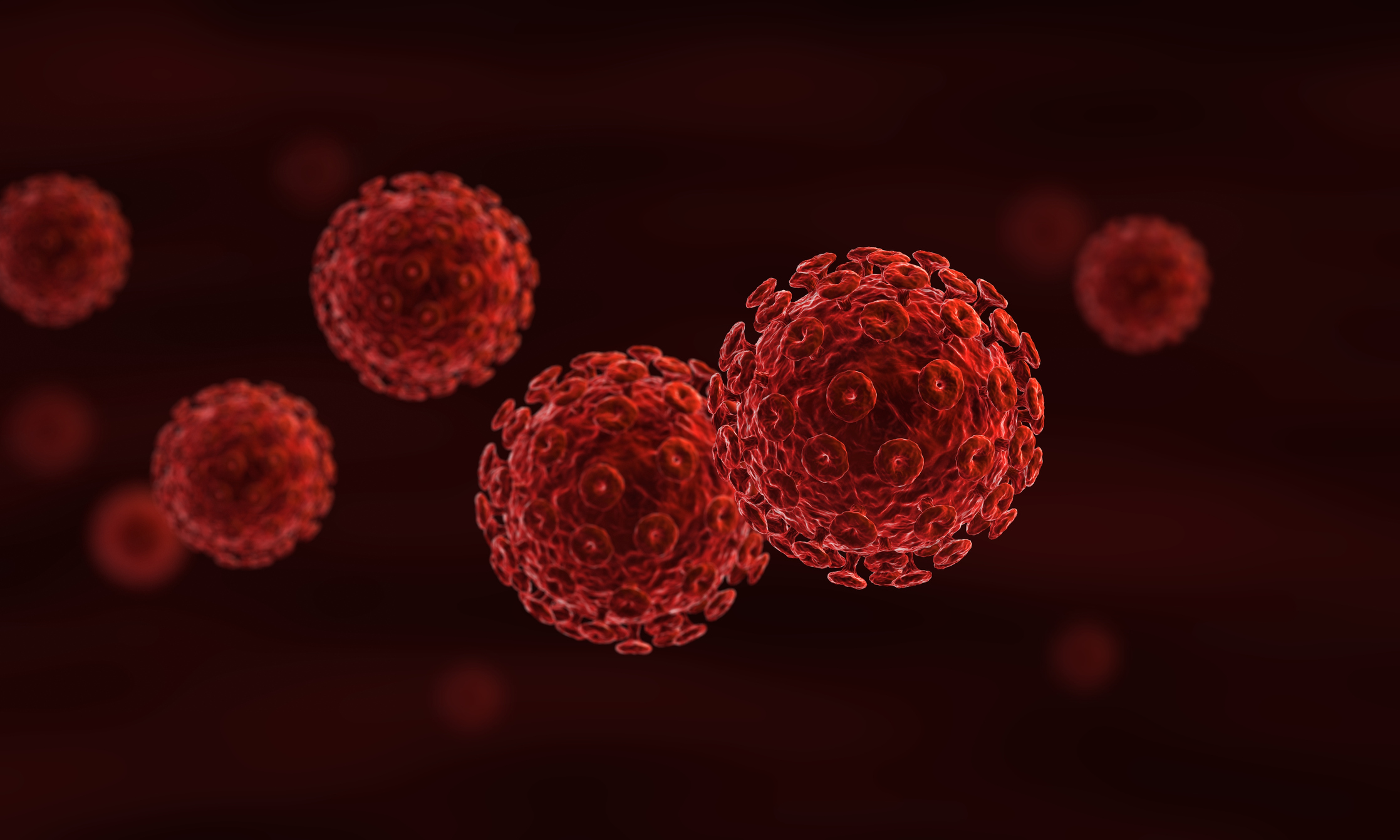Zika virus (ZIKV) is a flavivirus linked to multiple birth defects including microcephaly, known as congenital ZIKV syndrome. The identification of host factors involved in ZIKV replication may guide efficacious therapeutic interventions. In genome-wide transcriptional studies, we found that ZIKV infection triggers aryl hydrocarbon receptor (AHR) activation. Specifically, ZIKV infection induces kynurenine (Kyn) production, which activates AHR, limiting the production of type I interferons (IFN-I) involved in antiviral immunity. Moreover, ZIKV-triggered AHR activation suppresses intrinsic immunity driven by the promyelocytic leukemia (PML) protein, which limits ZIKV replication. AHR inhibition suppressed the replication of multiple ZIKV strains in vitro and also suppressed replication of the related flavivirus dengue. Finally, AHR inhibition with a nanoparticle-delivered AHR antagonist or an inhibitor developed for human use limited ZIKV replication and ameliorated newborn microcephaly in a murine model. In summary, we identified AHR as a host factor for ZIKV replication and PML protein as a driver of anti-ZIKV intrinsic immunity.
AHR is a Zika virus host factor and a candidate target for antiviral therapy.


